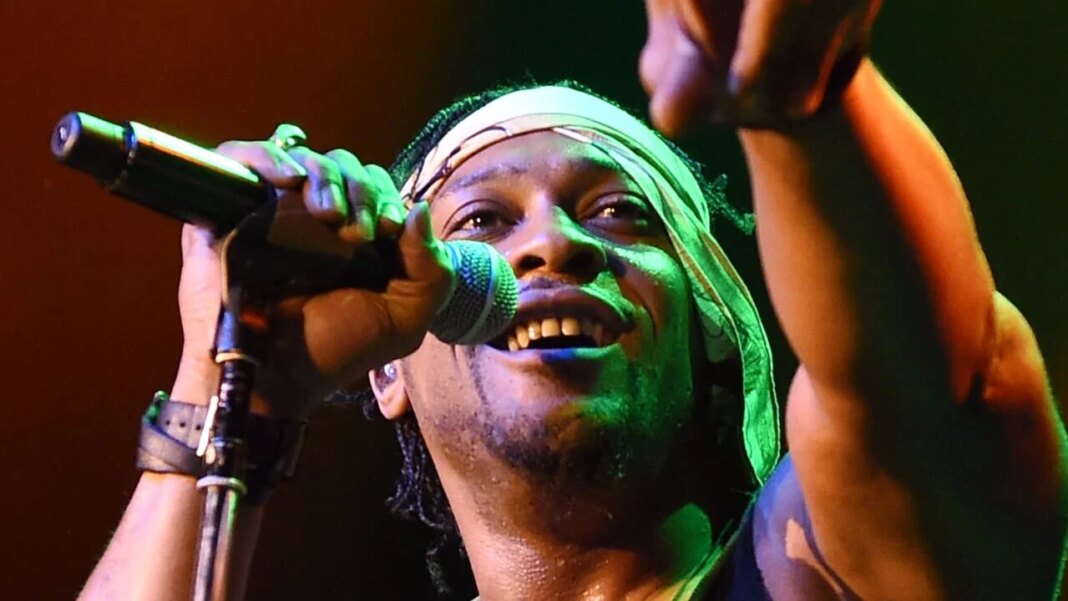Remembering D’Angelo: A Legacy of Soul and Innovation
D’Angelo, born Michael Eugene Archer, has left an indelible mark on the music world, with a sound that resonates deeply in the fabric of R&B. The news of his passing at the age of 51, following a battle with pancreatic cancer, is not just a loss for his family and friends, but for the countless fans who connected with his music. His influence stretches far and wide, making his contributions to the neo-soul movement especially significant.
Early Life and Musical Roots
Born on February 11, 1974, in Richmond, Virginia, D’Angelo’s early life was steeped in musical tradition, largely influenced by his Pentecostal upbringing. His father, a pastor, guided his early exposure to gospel music, instilling in him a sense of rhythm and soul. As a child, he learned piano and later taught himself various instruments. His admiration for legends like Marvin Gaye and Prince set the stage for his unique sound, blending gospel with contemporary R&B.
Rise to Prominence
D’Angelo’s journey began in earnest at the Apollo Theater in 1991 with his group, Precise. This experience was a turning point, sparking his desire to move to New York City at the age of 18. There, he met Kedar Massenburg, an attorney who would later become his manager and a key figure in nurturing the neo-soul genre. The world was about to experience a new musical vision.
The Breakthrough: “Brown Sugar”
In 1995, D’Angelo released his debut album, “Brown Sugar.” The album was a game-changer, quickly becoming a platinum-selling classic and earning Grammy nominations. Tracks like “Brown Sugar,” “Lady,” and his soulful rendition of Smokey Robinson’s “Cruisin’” showcased a raw, edgy sound infused with gospel undertones. Though the themes veered largely toward the secular, the spiritual foundation of his upbringing shone through, earning him a special place in the hearts of R&B lovers.
Creative Resurgence with “Voodoo”
After a few years of relative silence due to writer’s block, D’Angelo made a triumphant return with “Voodoo” in 2000. Codeveloped with the talented Ahmir “Questlove” Thompson, this album is often hailed as a masterpiece and a landmark in neo-soul. Drawn from the influences of Sly Stone, Jimi Hendrix, and James Brown, “Voodoo” was not just an album; it was an experience that redefined D’Angelo’s artistic identity. Songs like “Devil’s Pie” and “Untitled (How Does It Feel)” captured audiences, with the latter’s provocative video launching him into the spotlight as a pop icon.
A Brief Hiatus and the Long-Awaited Return
Despite the success of “Voodoo,” D’Angelo stepped back from the limelight for over a decade. Fans were eager for new material, but the artist struggled with personal challenges and creative pressure. However, he made a remarkable comeback with “Black Messiah” in 2014. This album debuted at the top of the Billboard charts and was celebrated as one of the best albums of the year, proving that D’Angelo’s artistry was as potent as ever, even after years away.
Legacy and Influence
D’Angelo’s influence is etched in the foundation of contemporary R&B and hip-hop. He collaborated with celebrated artists and groups like the Soulquarians, a collective that shaped the sound and style of a generation. He inspired many musicians to explore their own creativity, blending genres and pushing the boundaries of traditional R&B. Through his unique sound, he crafted a dialogue between past and present, ensuring that the music he created would live on.
Personal Life and Family
Though D’Angelo never married, he is survived by three children: sons Michael Archer Jr. and Morocco, and daughter Imani. His legacy, while rooted in music, extends to the personal relationships he fostered, shaping not just the sound of R&B but the lives of those who knew him and loved his work.
A Lasting Impact
As we reflect on D’Angelo’s contributions, it’s clear that his musical genius transcended the boundaries of genre. In a world that often prioritizes quantity over quality, D’Angelo reminded us that true artistry requires time, introspection, and authenticity. His songs continue to reverberate, not just as nostalgic echoes of a vibrant past, but as vital pieces of the contemporary musical landscape.



